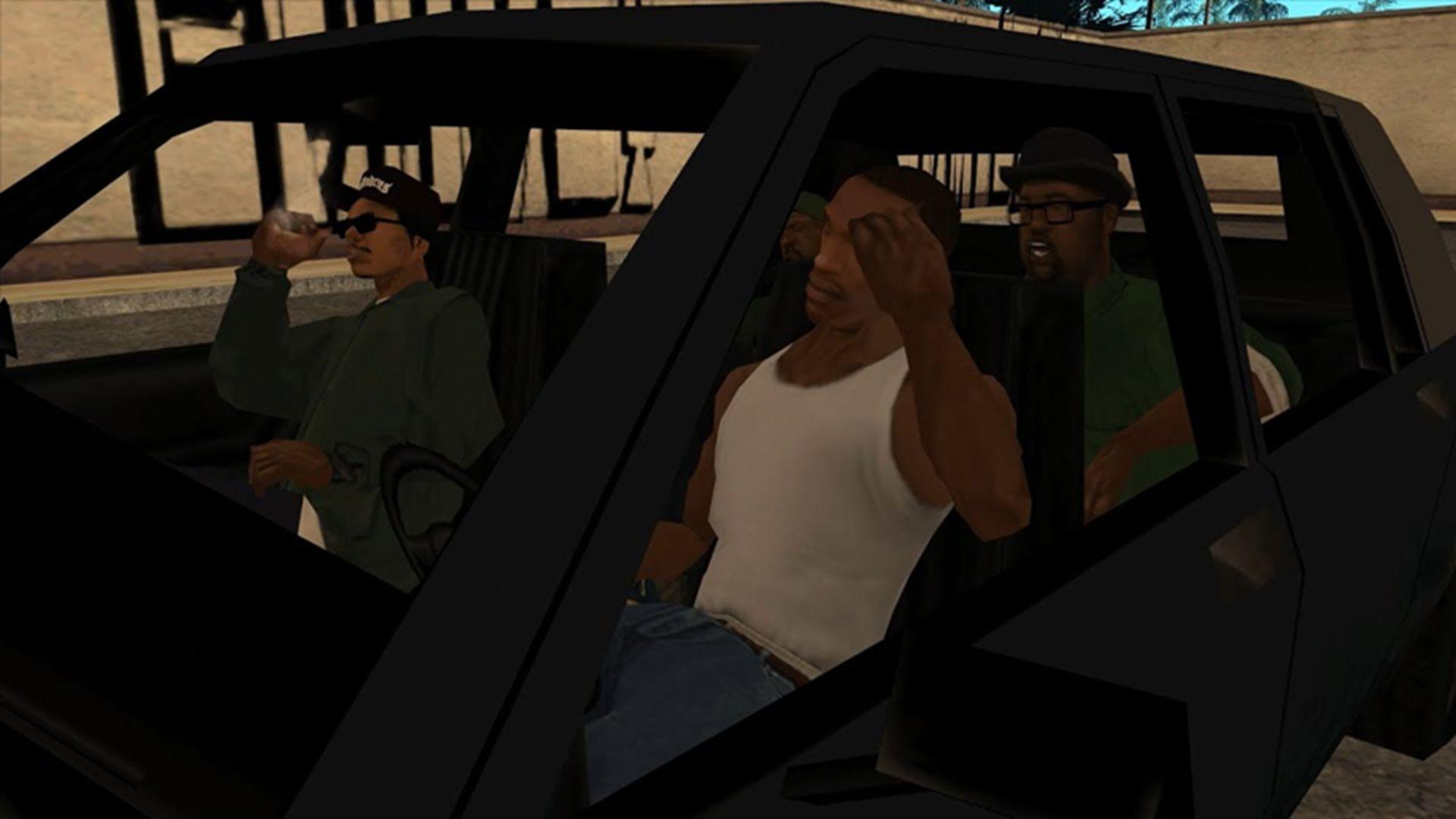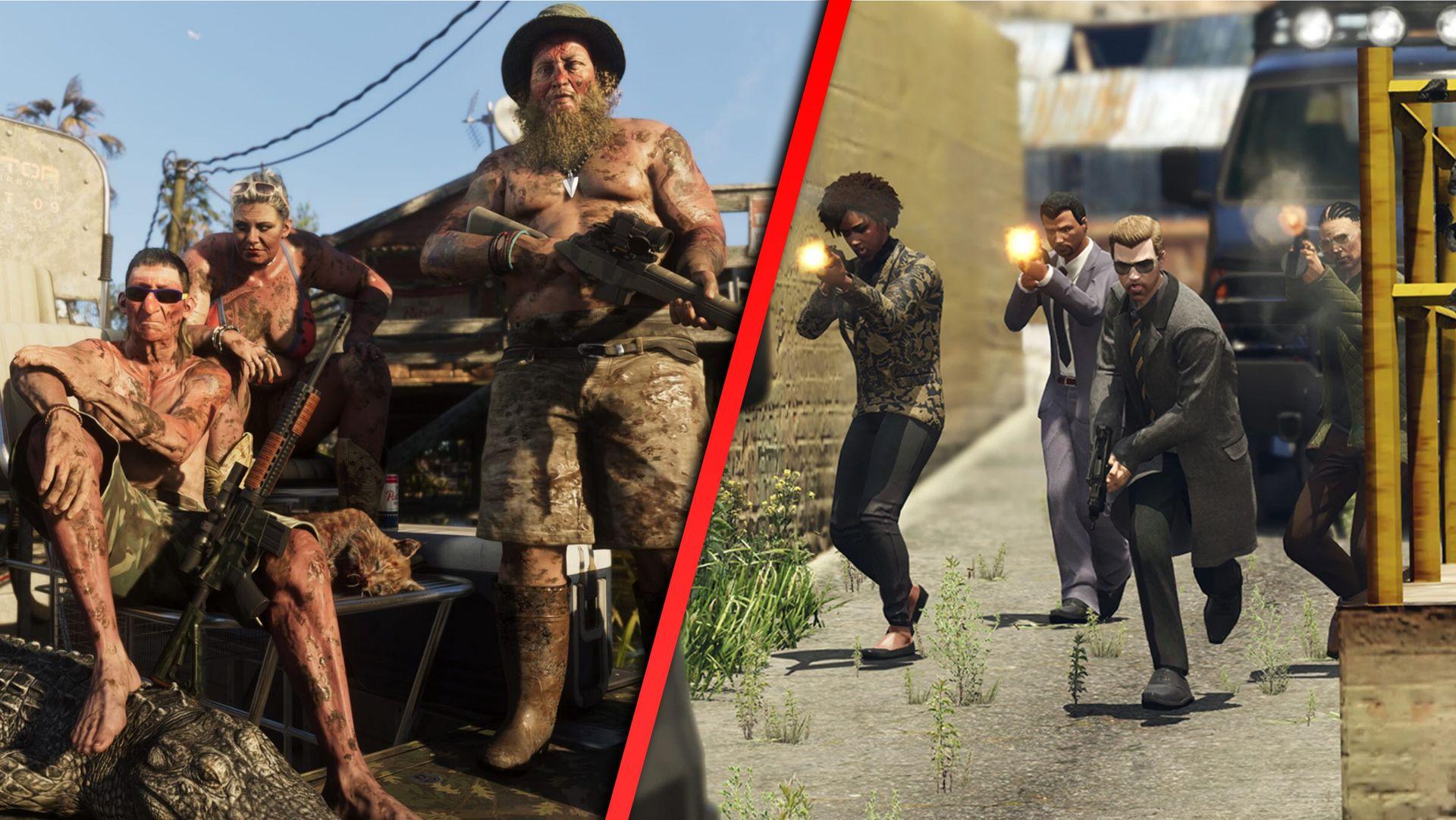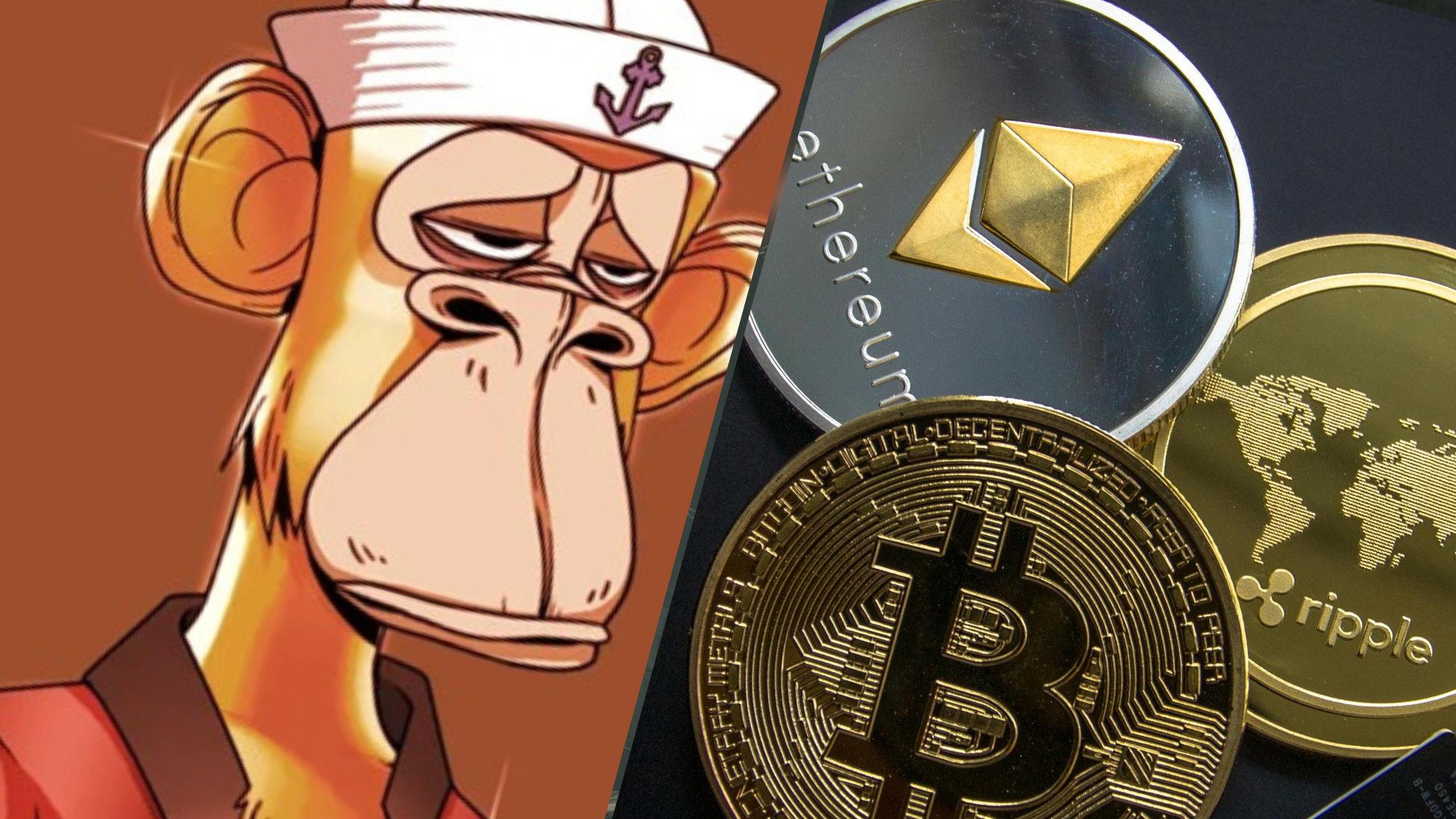Video games are constantly evolving. New technological advancements and creative storytelling continually push the boundaries of what each experience can offer. This continuous evolution has also led to ever-increasing costs, sparking discussion about the pricing of video games.
This debate came into sharper focus following the recent remarks from Take-Two Interactive's CEO, Strauss Zelnick. Zelnick's perspective on video game pricing, particularly in light of the initial trailer release for Grand Theft Auto VI sheds light on the intricate balance between the value provided by a game and its cost to consumers.
In an era where the standard price for new video games has risen to $70, the argument that games could be underpriced may seem counterintuitive to many. However, Zelnick's viewpoint is grounded in a valuation model that considers the expected entertainment usage of a game.
This model calculates the price by considering the per-hour value of a game multiplied by the number of expected hours of engagement, plus the perceived terminal value if the game is owned.
According to this formula, Zelnick argues that games like GTA 6 offer an incredible value proposition due to the extensive hours of engagement they provide, along with their high-quality content.
The Grand Theft Auto franchise is an excellent example of this value proposition, specifically, GTA 6. With predictions of "new record levels of operating performance" in the next fiscal year, the game is poised to deliver an experience that justifies its cost.
Despite rumors of a possible $120(!) price point for GTA 6, Zelnick's comments suggest a more measured approach, recognizing the importance of meeting consumer expectations while avoiding a situation where you're pricing yourself out of business.







